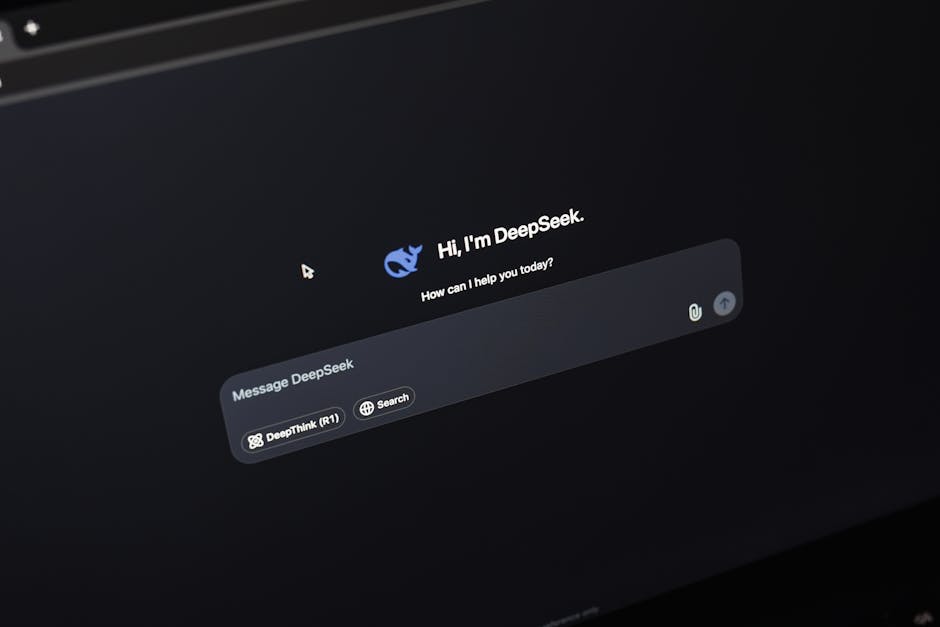Executive Summary
An AI customer support agent fails to find Sony headphones because its search returns 4,000 irrelevant products. It tries again tomorrow—and makes the exact same mistake. This isn't a hypothetical scenario; it's the reality of how most AI agents operate today [14]. Unlike humans who learn from experience, current LLM-based agents treat each task in isolation, unable to build on past successes or avoid repeating failures. This week brought both a potential solution to this fundamental limitation and evidence of how enterprises are betting on AI agents despite their constraints. Researchers at the University of Illinois and Google Cloud AI introduced ReasoningBank, a framework that helps agents organize experiences into reusable reasoning strategies [14]. Meanwhile, Google launched Gemini Enterprise for workplace AI [1], and OpenAI expanded its budget ChatGPT tier to 16 Asian markets [3]—commercial moves that highlight the gap between research progress and production readiness.
Key Developments
- University of Illinois/Google Cloud AI: ReasoningBank framework enables agents to distill generalizable reasoning strategies from both successes and failures, achieving 8.3% improvement on web browsing tasks while reducing operational costs by nearly 50% in some cases [14]
- Google: Gemini Enterprise launched with Gordon Foods, Macquarie Bank, and Virgin Voyages as early customers, though pricing and specific capabilities remain undisclosed [1]
- OpenAI: $5/month ChatGPT Go plan expands to 16 Asian countries, positioning against local competitors in price-sensitive markets [3]
- Multiple Research Teams: Academic papers reveal persistent challenges in LLM coding agents [4], complex reasoning systems [5][6], and the fundamental difficulty of defining what 'reasoning' means in AI systems [6]
Technical Analysis
The ReasoningBank research addresses a critical architectural flaw in current AI agents: their inability to learn from experience. Traditional approaches store raw interaction logs or successful examples, but fail to extract transferable reasoning patterns—especially from failures [14]. When an agent's broad search query returns thousands of irrelevant results, existing memory systems simply record the failure. ReasoningBank instead distills strategies like 'optimize search query' and 'use category filtering' that apply to future similar tasks [14].
The framework operates through a closed loop: retrieve relevant memories via embedding search, use them to guide actions, then analyze the outcome to create new memory items that get merged back into the system [14]. Critically, it works with both successes and failures, using LLM-as-a-judge schemes to avoid human labeling overhead. When combined with test-time scaling—generating multiple solution attempts—the system creates a 'virtuous cycle' where existing memories guide better solutions, while diverse attempts generate higher-quality memories [14].
This connects to broader research showing fundamental limitations in current approaches. One analysis of LLM coding agents identifies persistent failure modes despite recent progress [4], while academic work on 'Complexity Out of Distribution' generalization argues we lack clear metrics for reasoning ability [6]. The proposed framework suggests reasoning should be measured by performance on problems requiring solution complexity beyond training examples—a bar most current systems fail to clear [6].
Operational Impact
- For builders:
- Implement structured memory systems that store reasoning strategies, not raw logs—ReasoningBank's approach of distilling 'why this failed' insights reduced interaction steps by ~50% in web browsing tasks [14]
- Design for failure analysis from day one: the framework shows that learning from unsuccessful attempts provides as much value as studying successes, but requires explicit instrumentation [14]
- Consider test-time scaling with memory awareness: generating multiple solution attempts only improves quality if you extract and reuse insights across attempts, not just pick the best answer [14]
- Be skeptical of benchmark performance: BuilderBench research shows agents struggle with novel physical reasoning tasks that require 'embodied reasoning' beyond pattern matching [8], suggesting lab results may not transfer to production
- For businesses:
- Google's Gemini Enterprise launch with established customers (Gordon Foods, Macquarie Bank) indicates enterprise AI agents are moving beyond pilots, but lack of disclosed pricing/capabilities suggests market is still finding product-market fit [1]
- OpenAI's $5 ChatGPT Go expansion to Asia signals intensifying competition for consumer AI market share, with pricing as key differentiator in price-sensitive markets [3]
- Memory-enabled agents could significantly reduce operational costs: one example showed avoiding 'trial-and-error' steps through memory saved nearly 2x in interaction costs while improving user experience [14]
- Expect continued gap between research capabilities and production reliability: academic work shows fundamental challenges in defining and measuring reasoning ability remain unsolved [6], suggesting enterprise deployments will require careful scoping and human oversight
Looking Ahead
The research points toward 'compositional intelligence' where agents learn discrete skills (API integration, database management) that become reusable building blocks for complex workflows [14]. This could enable agents that autonomously assemble knowledge to manage entire processes—but only if memory systems prove reliable at scale. The gap between laboratory benchmarks (8.3% improvement on WebArena [14]) and production requirements suggests we're in early innings of making agents truly adaptive. Meanwhile, the commercial race continues: Google and OpenAI are betting on enterprise and consumer adoption respectively, even as fundamental questions about reasoning capability and reliability remain open [1][3][6].
